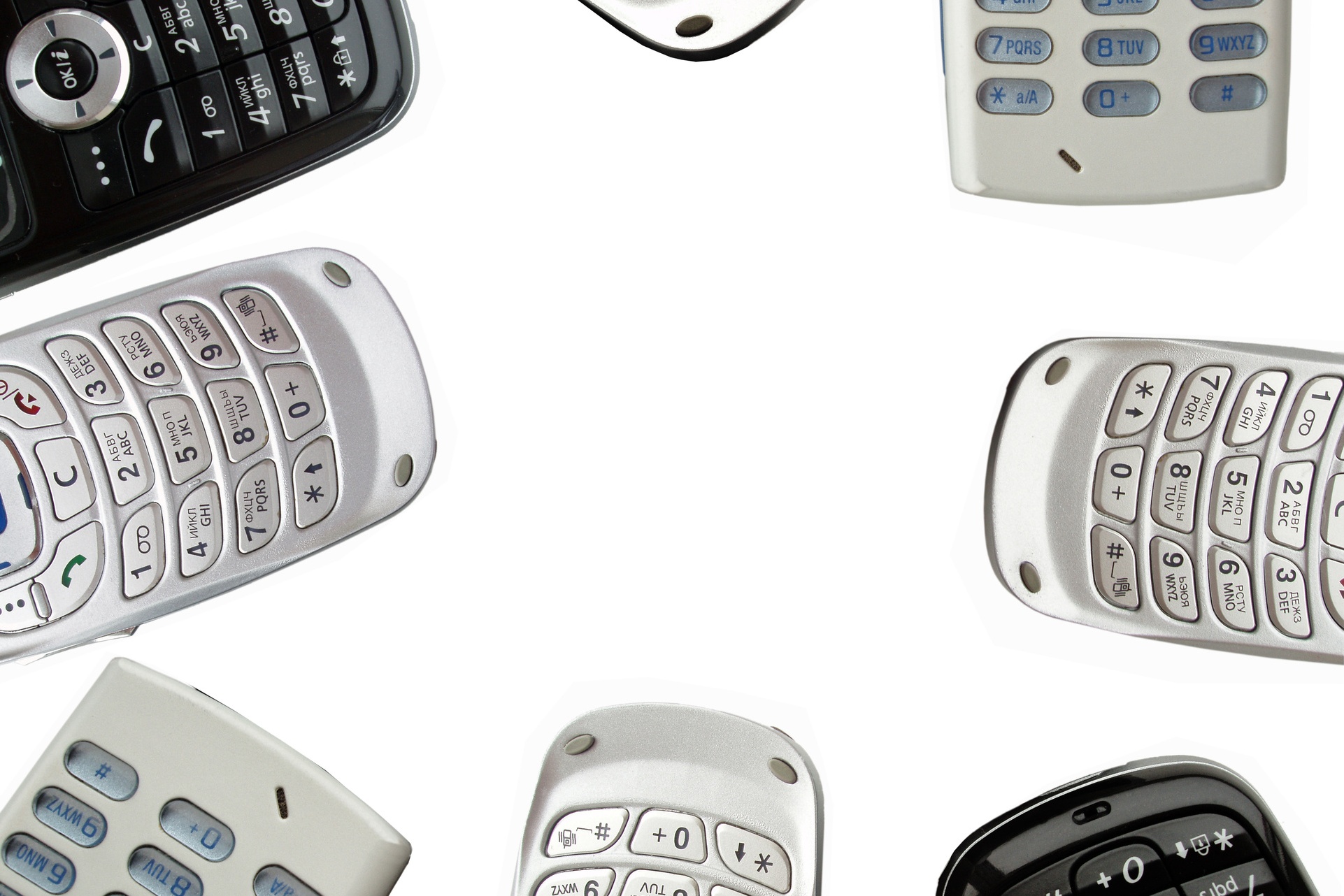Analysis: Do handset exclusivity deals hurt the mobile industry?
Many of the leading handsets released in the UK are done so exclusively with one carrier. However there is a rising debate as to whether this exclusive model is right for the industry.


Today O2 has announced another exclusivity deal, this time with Palm for its new Pre device.
O2 already has the iPhone, but it is by no means the only company with ownership of a handset. Many other vendors have their own one-offs that only they can sell, such as T-Mobile's G1 or Vodafone's HTC Magic.
However, the Financial Times has reported today that the Department of Justice in the US is going to look into these deals to decide whether they are fair or hurt competition.
Will the trend for exclusives stick around in the UK or will we follow suit with the US and investigate its affect on competition further?
Competition
An O2 spokesperson told IT PRO these deals are good for business. "Having the best range of handsets from all handset manufacturers is a key element of our customer plan," the spokesperson said. "If we can get the best handsets exclusively, then that helps us attract and retain high value customers."
In answer to whether it is positive for the industry, the spokesperson said: "Yes, in that competition is good for any industry."
Get the ITPro daily newsletter
Sign up today and you will receive a free copy of our Future Focus 2025 report - the leading guidance on AI, cybersecurity and other IT challenges as per 700+ senior executives
However, the FT report showed that in the US only four operators account for 90 per cent of the wireless subscribers, forcing smaller businesses out of the competition.
Carolina Milanesi, Gartner research director, said: "If you look at exclusivity deals, they have always been going on. The difference is they used to be time limited like a three-week exclusivity deal, something to not give too much of an advantage. Since the iPhone, things have changed."
"The interesting thing is it is obviously good in the short term giving a company a little more leeway, but in the longer term these vendors need all the sales you can get so limiting your market is not a good thing."
Changes in Europe
Milanesi believes that Europe will not be far behind the US in examining this trend.
"The EU will look at this soon, France already have with Orange losing the exclusivity of the iPhone."
Another analyst also raised the case at the end of last year where Orange lost its exclusive iPhone deal, similar to O2's in the UK, when the French Government decided it was anti-competitive.
Thomas Husson, an analyst for Forrester, said on his blog: "Orange will appeal the decision before the Court of Appeal in Paris, but in the meantime (it may take as long as 12-18 months to have a final decision) Orange's competitors will be able to sign distribution deals with Apple."
"It is difficult to say the impact such a decision could have on other courts but Vodafone already tried in vain to stop T-Mobile distributing the iPhone in Germany."
"The ruling (still a temporary one) states that 'all exclusive agreements will have to be limited to three months". No doubt such a decision will raise lots of discussion among operators and handset manufacturers."
AT&T, the largest of the providers in the US, believes exclusive contracts drive the industry.
A spokesperson from the company told the FT: "The US wireless industry is highly competitive and, as a result, delivers terrific innovation, many choices and attractive pricing for all customer segments."
However, as much as the sellers like O2 and AT&T like what it does for their business, governments seem to be less keen.
Milanesi concluded: "Maybe these exclusive deals will be short-lived. In my opinion, that will probably be for the best."
Jennifer Scott is a former freelance journalist and currently political reporter for Sky News. She has a varied writing history, having started her career at Dennis Publishing, working in various roles across its business technology titles, including ITPro. Jennifer has specialised in a number of areas over the years and has produced a wealth of content for ITPro, focusing largely on data storage, networking, cloud computing, and telecommunications.
Most recently Jennifer has turned her skills to the political sphere and broadcast journalism, where she has worked for the BBC as a political reporter, before moving to Sky News.
-
 Cleo attack victim list grows as Hertz confirms customer data stolen
Cleo attack victim list grows as Hertz confirms customer data stolenNews Hertz has confirmed it suffered a data breach as a result of the Cleo zero-day vulnerability in late 2024, with the car rental giant warning that customer data was stolen.
By Ross Kelly
-
 Lateral moves in tech: Why leaders should support employee mobility
Lateral moves in tech: Why leaders should support employee mobilityIn-depth Encouraging staff to switch roles can have long-term benefits for skills in the tech sector
By Keri Allan